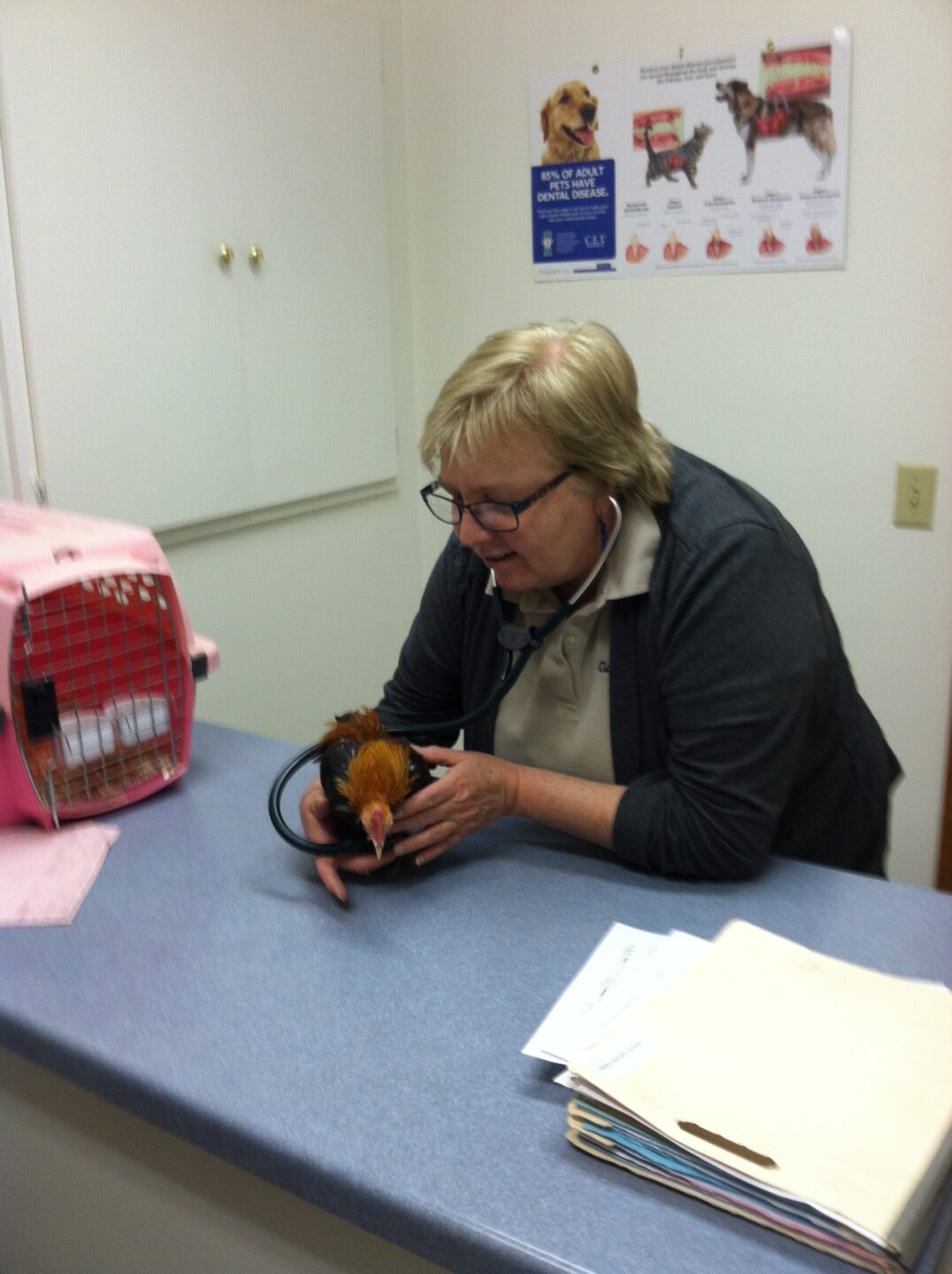Laying Issues: Internal Layers and Peritonitis

Similar to egg binding, Peritonitis (an indicator of internal laying), is a distressing issue that can occur with laying hens.
Internal laying is a disorder where the yolk of the egg, rather than being laid in the normal manner, is not taken up by the oviduct and instead is deposited in the abdomen. This can be a genetic issue, but often times it follows an incidence of infection or trauma to the oviduct, such as a thin shelled egg breaking inside the hen.
Internal laying by itself is not always an issue. Occasionally a hen will lay internally for no apparent reason and the yolk will simply be absorbed back into the body without complications if there is no bacteria present. The problem results when bacteria is present and when eggs build up. Egg yolk is a rich medium for bacteria growth, and a build up of eggs internally can provide a playground for infection. This infection is known as peritonitis. If your hen continually lays egg after egg internally, the yolks can not only harbor and grow bacteria, but all the yolk material puts pressure on internal organs, making it difficult for the bird to breathe and causing her to adopt a penguin-like stance.
Symptoms of an internal layer with peritonitis can include:
- Yolk colored feces
- Weakness
- Loss of appetite
- Lethargy/Depression
- Swollen & spongy feeling vent area and/or abdomen
- Respiratory problems
- Fluffed feathers
- Penguin stance; abnormal waddle
If an internal layer is identified early on, steps to prevent the laying process can be taken. The bird may be spayed or have a hormone implant placed that stops ovulation. Unfortunately, an internal layer is often in discomfort and pain. Sometimes it may be necessary to euthanize the bird to end her suffering.
If peritonitis is suspected, the choices for treatment are usually limited, due to the amount of time the infection has most likely been brewing before symptoms become evident. Giving antibiotics if caught early enough in the process has had some success.
If you suspect you have an internal layer, with or without peritonitis, contact your avian veterinarian for a full diagnosis and treatment options.
